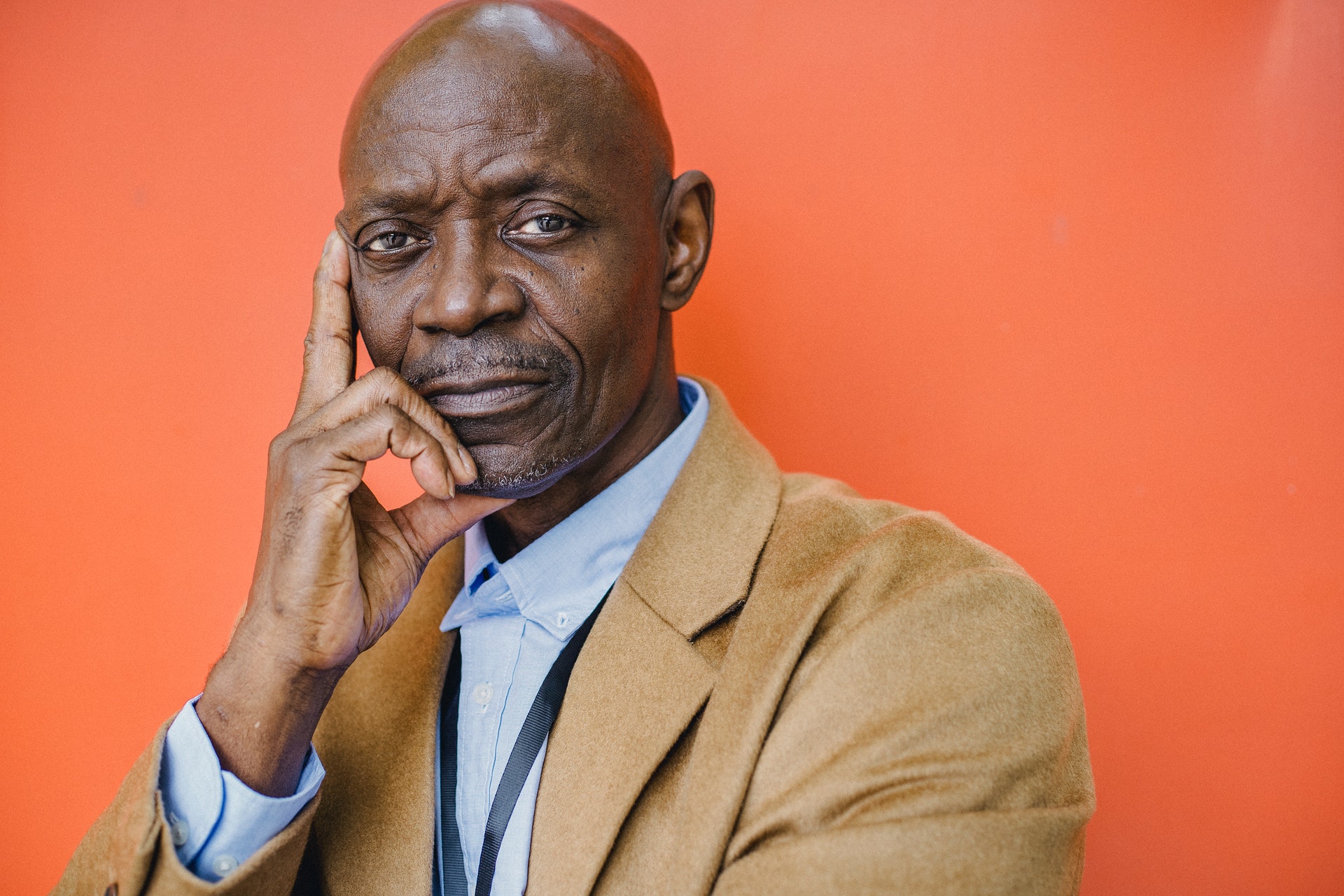Marketing to Seniors: How Decision-making Differs with Age
December 12, 2021

There are differences in the ways older adults and younger adults make decisions. Some differences are due to age-related cognitive declines. Some due to motivational differences. Some due to experience.
The purpose of this article is not to propose that a younger adult’s decision-making processes are better than an older adult’s decision-making – or vise versa. But these differences are real and should be considered, especially when addressing the senior market.
First, marketers should consider the harsh realities of cognitive decline that generally occurs with aging. Cognitive change is a primary factor in decision process changes among seniors. Slower mental processing speed and working memory declines impair an older adult’s performance in complex decision scenarios. It simply becomes more difficult for a cognitively-declining senior to sort out and compare large numbers of options that can affect the quality of a decision.
Second, motivational priorities shift as we age. Whereas younger adults tend to make decisions based on where those decisions will take them (outcomes), decision priorities change with age and decisions are driven more by loss prevention and maintenance of lifestyle. These priorities also lead an older adult to prefer certainty over risk.
Shifts in time horizons can affect decision-making as well. As the great Lou Holtz once said, “I’m so old, I don’t buy green bananas anymore…” Decisions that require a long time to play out generally don’t appeal to folks late in life. They want more immediate results.
Choice Preference Declines with Age
As a rule, seniors don’t want too many options to consider – they certainly prefer fewer options than their younger counterparts. In fact, research suggests older adults prefer roughly half the number of options as younger adults, when faced with a decision.
Why?
As the number of options increases, so do the perceived tradeoffs and expectations for the decision under consideration – and, as mentioned above, this makes the decision-making more difficult for a cognitively-declining senior. The increased uncertainty created by an overwhelming number of options ultimately undermines whatever satisfaction the senior will get from making the decision.
Life Experience: The Senior’s Decision-making Advantage
Seniors enjoy the benefit of drawing from an extensive base of experience. They’ve “been there and done that.” Hence, they rely more on intuition, rather than reason. After all, you generally don’t have to think too hard about an issue, if you’ve made similar decisions in the past!
While experience levels may vary, older adults simply have had more practice making decisions than younger ones. As a result, they:
- Tend to consider less information.
- Eliminate possibilities and choices more quickly.
- Are less likely to spend a lot of time analyzing information while making a decision, because they are better at simplifying decision options.
Another plus for seniors when making decisions is their greater ability to regulate their emotions. Emotion regulation improves with age, which contributes to seniors’ decision-making. They tend to focus more on the positive implications of their decision, while younger adults are more consumed with the negative implications. As a result, older adults tend to be more likely to avoid what psychologists call “sunk-cost bias” by cutting their losses, and not throwing good money after bad in order to save a decision that is going awry.
A West Texas Banker and Wisdom
There is a story about a bank in West Texas which had consistently outperformed all the other banks in its region. A time came when the bank president decided to retire. The bank’s board of directors asked him to stay on long enough to find his replacement. The bank president agreed to do so and the board began searching for a new president.
When a new bank president was hired, the board asked the old bank president to stay on a little longer to ensure a smooth transition. He agreed to so this as well, and for a time the two presidents occupied adjoining offices in the bank.
One day the new bank president entered the old bank president’s office and said: “Sir, for years you have led this bank to great success. Do you have any words of wisdom that will help me continue what you have started?”
The old bank president thought for a moment and said: “Two words… ‘Good decisions!’”
The younger president considered this for a moment and then asked: “So how do I make good decisions?”
The old banker responded: “One word… ‘Wisdom!’”
The young president shot back: “But how do I gain wisdom?”
“Two words,” replied the old president. “Bad decisions…”
Just like the old bank president, seniors can make just as good decisions as their younger counterparts, thanks to their life experience. There is a lot of truth to the saying, “with age comes wisdom.”





